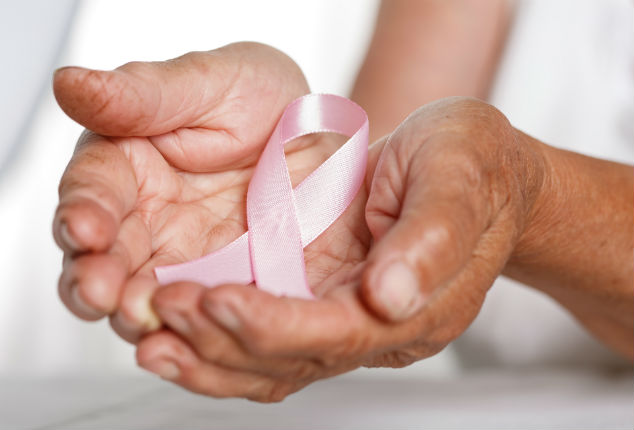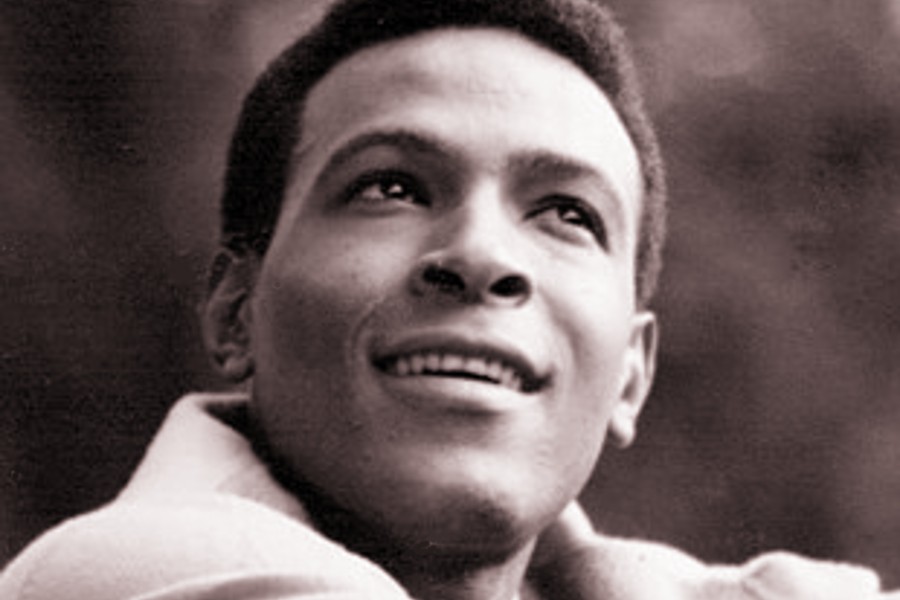 When it comes to breast-cancer prevention, most women are probably aware of the need for self examinations and mammograms, as well as awareness of a family history for breast cancer.
When it comes to breast-cancer prevention, most women are probably aware of the need for self examinations and mammograms, as well as awareness of a family history for breast cancer.
But other factors that can help women avoid breast cancer may not be as well known, or at least not as often discussed. With October being Breast Cancer Awareness Month, this might be the right time to discuss them.
“Although breast cancer is, rightfully, a significant concern, every woman should keep in mind that there are things in her control that can help reduce her odds of developing it,” says Dr. Pawan Grover, who has treated cancer patients and has served as a medical correspondent for CNN and other news organizations.
For example, he says, it’s important to understand the effect estrogen has in increasing your risk of breast cancer – and how you might encounter estrogen more than you realize.
“What many women may not be aware of is that, because of the pesticides and hormones in our food, we are bombarded with estrogen,” Grover says.
That’s why diet, nutrition and exercise can be so important in breast-cancer prevention, he says. That may sound simple enough, but some people could be surprised at a few of the common things people routinely consume that may put women at greater risk for breast cancer.
No need to panic, though, Grover says. These items don’t need to be eliminated entirely from your diet, but a little moderation may be in order.
- Sugar. Many people already avoid sugar for other health reasons, but breast cancer could be added to the list of reasons, so it might be worthwhile to avoid or at least limit sugar intake, Grover says. Too much sugar leads to excess weight gain, and being overweight can increase the risk of breast cancer because fat cells make estrogen.
- Alcohol. Numerous studies have shown a connection between drinking alcohol and breast cancer. The more a woman drinks, the more the risk of breast cancer increases, according to the National Cancer Institute. For example, a woman who drinks more than three drinks a day is 1.5 more times likely to develop breast cancer than a woman who doesn’t drink.
- Soy. Studies have shown that soy could increase the risk of breast cancer because it can stimulate the genes that cause cancer to grow. But soy is likely not a problem if consumed in moderation. Although it’s unclear from research just how much of a concern soy should be, Grover suggests it doesn’t hurt to be cautious. “I would recommend minimizing it because there is still a question about the risk,” he says.
About 12 percent of women – or one in eight – will develop invasive breast cancer over the course of their lifetime, according to Breastcancer.org. About 40,450 women in the U.S. are expected to die in 2016 from breast cancer, though death rates have been decreasing since 1989.
There could be several reasons for that decline, including treatment advances, early detection and more public awareness.
“Regardless of statistics, the important thing to remember is that you can take a primary role in protecting your own health,” Pawan says. “Continue to educate yourself, adopt an overall healthy lifestyle and your odds of leading a long life will definitely go up.”
Dr. Pawan Grover www.invospine.net, who has more than 20 years of experience as a medical doctor, has served as a medical correspondent for CNN, NBC, CBS and PBS. He is a graduate of the Rutgers University Robert Wood Johnson Medical School.
Become a Harlem Insider!
By submitting this form, you are consenting to receive marketing emails from: Harlem World Magazine, 2521 1/2 west 42nd street, Los Angeles, CA, 90008, https://www.harlemworldmagazine.com. You can revoke your consent to receive emails at any time by using the SafeUnsubscribe® link, found at the bottom of every email. Emails are serviced by Constant Contact








